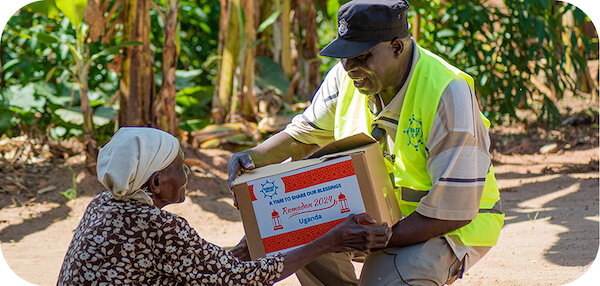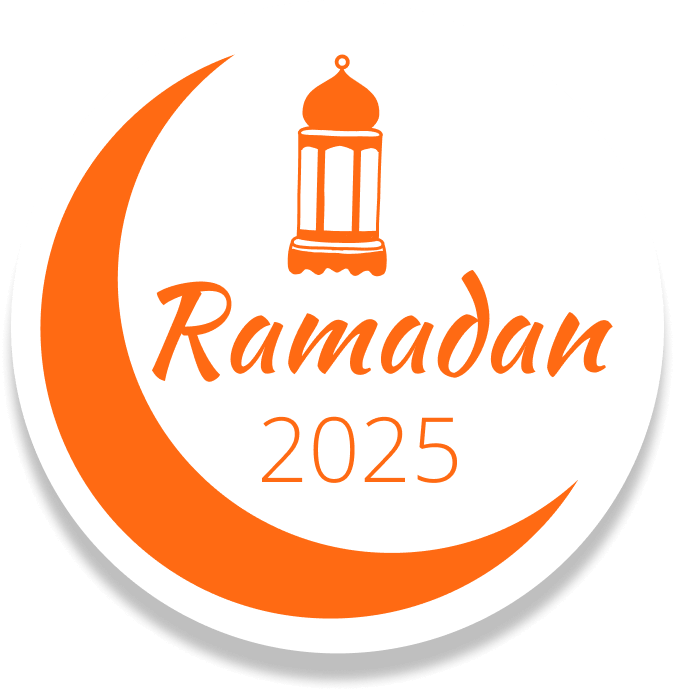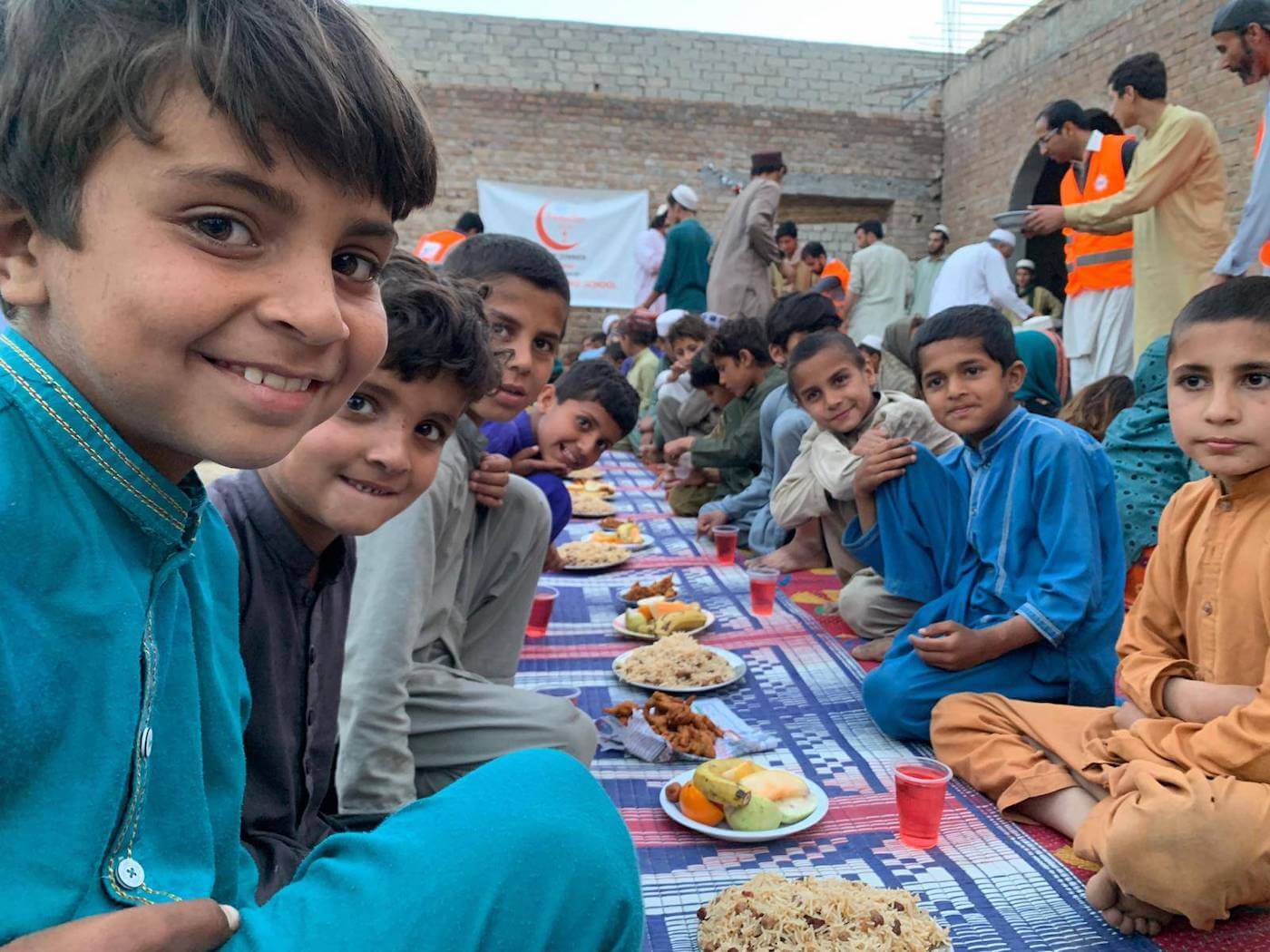The Importance of Nutrition During Ramadan
Ramadan is a month of fasting, spiritual reflection, and community. While fasting offers numerous physical and spiritual benefits, it also places additional demands on the body. Proper nutrition during suhoor (pre-dawn meal) and iftar (meal to break the fast) is crucial to maintaining energy, focus, and overall well-being throughout the day.
At Embrace Relief, we not only emphasize the spiritual significance of Ramadan but also understand the importance of ensuring that everyone, including those in need, has access to nourishing meals. By combining balanced nutrition with the spirit of giving, we can uplift communities and empower individuals during this sacred time.
What to Eat at Suhoor for Sustained Energy
Suhoor serves as the foundation for your day of fasting. Eating a balanced meal during suhoor can help you feel energized and hydrated throughout the day.
Protein-Packed Options
- Eggs: A versatile and protein-rich option that can be boiled, scrambled, or added to wraps.
- Greek Yogurt: Provides protein and probiotics to aid digestion. Add fresh fruits or a drizzle of honey for extra nutrients.
- Nuts and Seeds: Almonds, walnuts, and chia seeds are excellent sources of healthy fats and protein.
Complex Carbohydrates
- Oatmeal: A slow-digesting carbohydrate that keeps you full for longer. Add milk, fruit, or nuts for additional benefits.
- Whole-Grain Bread or Wraps: Pair these with peanut butter, avocado, or eggs for a complete meal.
- Brown Rice or Quinoa: High in fiber and nutrients, these grains are perfect for suhoor.
Hydration and Fluids
- Start your meal with a glass of water or milk to stay hydrated. Avoid sugary or caffeinated drinks, as they can dehydrate you during the day.
Breaking Your Fast with Iftar: Key Considerations
Iftar is the moment to replenish your energy and celebrate the day’s fast. However, it’s essential to break your fast mindfully to avoid overindulging or consuming unhealthy foods.
Begin with Tradition
- Dates and Water: The Prophet Muhammad (PBUH) broke his fast with dates and water. Dates provide natural sugars for quick energy, while water rehydrates the body after fasting.
Balanced Main Course
- Lean Proteins: Include chicken, fish, tofu, or legumes to repair and replenish muscles.
- Vegetables: Fill half your plate with a variety of colorful vegetables, either raw, steamed, or roasted.
- Whole Grains: Options like brown rice, bulgur, or whole-grain bread provide sustained energy.
Avoid Fried and Sugary Foods
While tempting, fried snacks and sugary desserts can lead to energy crashes and sluggishness. Opt for baked or grilled versions of your favorite dishes and enjoy desserts in moderation.
Practical Tips for Healthy Eating During Ramadan
- Plan Ahead: Prepare meals in advance to avoid rushed or unhealthy choices.
- Control Portions: Use smaller plates and mindful eating techniques to avoid overeating.
- Stay Hydrated: Drink plenty of water between iftar and suhoor to prevent dehydration.
How Embrace Relief Addresses Food Insecurity During Ramadan
For millions of families around the world, access to balanced and nutritious meals during Ramadan is a challenge. At Embrace Relief, we work tirelessly to bridge this gap through our hunger relief programs.
Food Packages for Families in Need
Our Ramadan food packages are carefully curated to include essential items like rice, lentils, oil, and other staples. These packages provide not only sustenance but also dignity for families observing Ramadan in challenging circumstances.
A Focus on Nutrition
We prioritize providing nutrient-rich foods to ensure that families not only have enough to eat but also have access to meals that support their health and well-being.
Your Role in Our Mission
By donating to Embrace Relief’s hunger relief programs, you help bring hope and nourishment to families who need it most. Your contribution ensures that everyone, regardless of their circumstances, can experience the joy and spiritual fulfillment of Ramadan.
Nourishment for Body and Soul
Ramadan is a time to care for both our physical and spiritual needs. By eating balanced meals during suhoor and iftar, we can sustain our bodies and enhance our worship. At the same time, through initiatives like Embrace Relief’s hunger relief programs, we can extend the blessings of Ramadan to others.
This Ramadan, let’s make mindful choices for ourselves and generous contributions to those in need, creating a ripple effect of health, compassion, and community.
Donate For Ramadan 2025
Embrace Relief aims to provide 100,000 people with nutritious food during our International Hunger Relief: Ramadan 2025 campaign.























